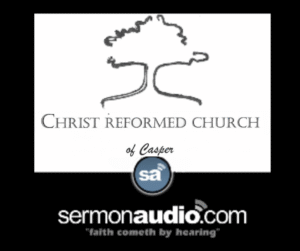The Value of Thankfulness in Worship
One of the chief elements of worship is thanksgiving. Being thankful lies right at the heart of the reason for our existence, because we are created to be in relationship with a gracious God and thankfulness recognizes that relationship. Thankfulness does not mean being happy that I have something good. It means recognizing the good gift I have received and acknowledging the goodness and benevolence of the one who gave it. Romans 1:21, in discussing the essential nature of sin closely links the refusal to acknowledge God with a lack of thankfulness. This means that the one who does not believe in God cannot beRead More →

